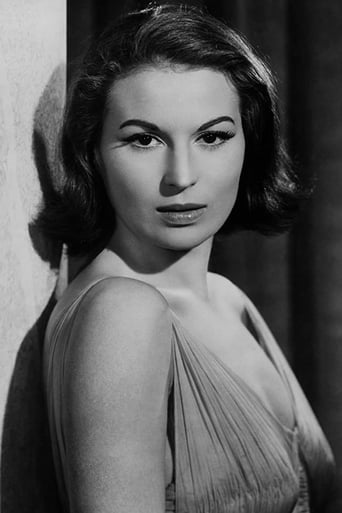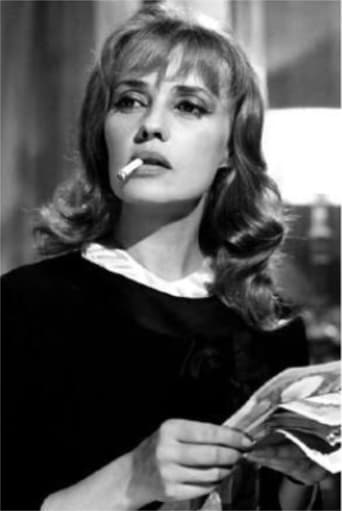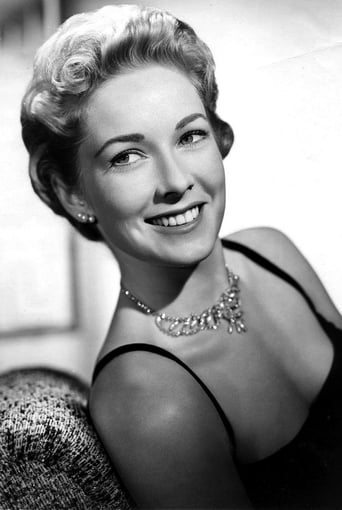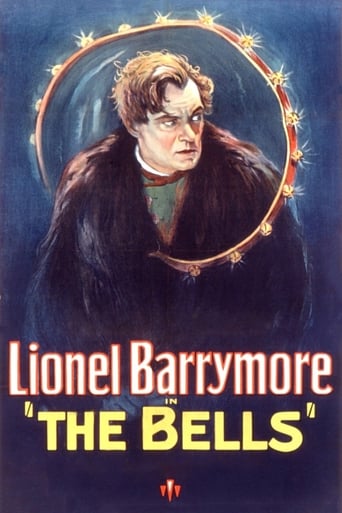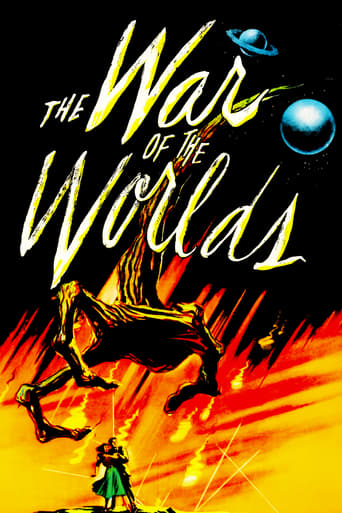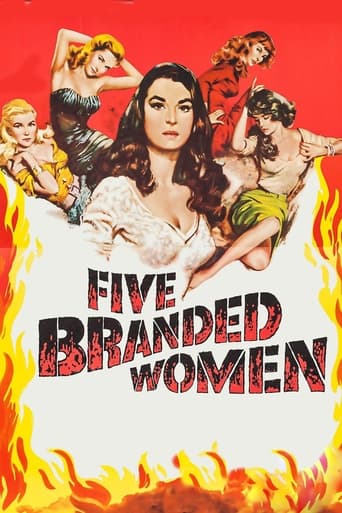
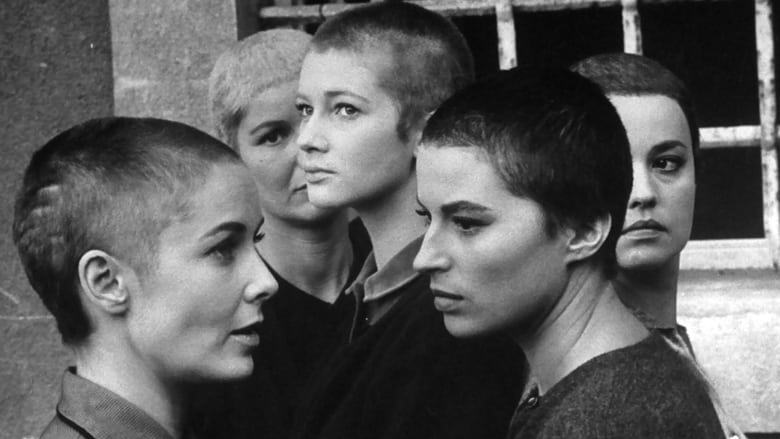
Five Branded Women (1960)
Five Yugoslav women who consorted with the German occupiers are publicly humiliated and banished by the Yugoslav partisans but they take up arms to fend for themselves.
Watch Trailer
Cast


Similar titles
Reviews
Martin Ritt's only war movie is a strange hybrid which has the thumb prints all over it of producer Dino De Laurentiis - whose bright idea the inevitable communal nude bathing scene doubtless was, and saw to it that his wife Silvana Mangano gets most of the close ups - but comes a very poor second to the same year's 'La Ciociara'; also a gritty Italian war movie, which won Carlo Ponti's wife Sophia Loren the Oscar for best actress.While all given Yugoslav names, the five women of the title are plainly cast with the international box office in mind; although neither of the American contingent - Vera Miles & Barbara Bel Geddes - get sufficient screen time to make much of an impression. With the exception of Richard Basehart's Good German, the principal male characters all come across as creeps. Van Heflin's partisan leader is a sanctimonious bore, while Harry Guardino's overactive loins (SPOILER COMING) directly lead to Miles' death. (He plainly made no attempt to enlighten the court martial that it was entirely him who was responsible and it that it was he who left his post to get his paws on Miles; instead he just brags about all the Germans he's killed. The other partisans meanwhile are far too quick to stick her in front of the firing squad along with him.)The whole thing leaves a pretty bad taste in the mouth, and you certainly come away from it feeling soiled at the waste and squalor depicted, although not necessarily in the ways that the film's makers intended.
Not quite an exploitation piece, but not quite a solemn-and-sincere drama either, Five Branded Women is a fascinating early picture from Martin Ritt. Initially greeted with passable but hardly rave reviews, the film was somewhat ahead of its time and would probably play much better now than it did when released. The strong anti-war sentiments, the streak of feminism, and the film's persistent refusal to be yet another play-it-safe flagwaver, make it the sort of film which questions attitudes and prejudices rather than simply falling into line with them. It has some surprisingly powerful sequences during the course of its 100 minutes, it must be said.During WWII, in Nazi-occupied Yugoslavia, five women are accused of consorting with the enemy after sleeping with womanising German officer Sgt. Keller (Steve Forrest). Four of them have actually succumbed sexually to the charms of the promiscuous Nazi soldier; the fifth is innocent as, beyond kissing him, she chose not to consummate any kind of relationship with him. Reviled by their own people for what they have done, the five women – Jovanka (Silvanna Mangano), Daniza (Vera Miles), Marja (Barbara Bel Geddes), Mira (Carla Gravina) and Ljuba (Jeanne Moreau) – are shaven bald and kicked out of town. They wander aimlessly through the countryside, bitter and angry at being treated so harshly simply for falling in love, and eventually decide to redeem themselves by joining up with the local partisans, led by the ruthlessly disciplined Velko (Van Heflin). It is an uneasy alliance at best, but gradually a mutual respect forms between the women and their comrades-in-arms.Five Branded Women is well-acted and well-written throughout. It fares especially well when highlighting the cruel ironies and senseless contradictions of war. Ljuba begins to enjoy the company of a German prisoner, but is reluctantly compelled to shoot him in the back when he tries to run away. Daniza is branded unjustly when she didn't even sleep with the Nazi – however, when she sleeps with one of her own men (subsequently falling asleep while on watch) she is sentenced to death for misconduct. Many films over the years have pointed out the idiocies and wastefulness of war, and Five Branded Women is another to add to that list – but it presents its points powerfully, economically and persuasively, thanks in no small part to the stark photography. It has a surprisingly high calibre cast for this sort of thing too, with the least well-known of the main actors (Mangano) being, curiously, the one entrusted with the meatiest role. She acquits herself very well, being neither outshined nor out-acted by her illustrious co-stars; her physically strong but emotionally stronger heroine acts as a real focal point for the whole story. Overall, Five Branded Women is a surprisingly tough, fresh and worthwhile war film, one that is particularly ripe for rediscovery.
Martin Ritt, the director, seemed to handle more than his share of films about contradictory cultural allegiances, and he reveled in them. His background may have had something to do with the interest that developed into his skill. A prep-school educated New York Jew, he played football for Elon College, founded by the United Church of Christ in North Carolina. One wonders what went through his head in the rural South of the 1930s, in the midst of the Great Depression. Whatever it was, it must have contributed to his handling of the textile mills in "Norma Rae." Later, he was swept up in the Red scare of the early 50s and briefly blacklisted when accused by a grocer in Syracuse of donating money to communist China in 1951.Actually, although all of that biographical stuff may sound irrelevant to the exhibit before us, it's not. Judging from his films, Ritt's stint in the poverty-stricken racist South didn't infuse him with a particularly leftist point of view or a hatred of Southerners or capitalism or anything so simple minded. Instead, it seems to have sensitized him to the problems of poverty itself, and ignorance and divided allegiances. It was a complicated dynamic.I'm trying to get out from behind this damned lectern but my shoe seems to be caught on something. Let me give it another tug. There.A handful of famous international female stars in an occupied Yugoslavian village in 1943 are accused of having had what the French of the period called "collaboration horizontale" and Keats called the "season of mists and mellow fruitfulness", with German troops, and specifically with Steve Forrest, an arrogant womanizer who gets the same treatment from the furious villagers as Abelard got for lusting after Heloise.The errant girls get their heads shaved and booted out of town, following which they have more adventures on their journey than Huckleberry Finn. They fall in with a group of Yugoslav partisans fighting the Germans. The partisans have one rule above all others. No fraternizing among the men and women. Or else. Some men, though, are prompted by their glands to act like satyrs grazing on the lawns, and shall with their goat-feet dance the antic hay. Of course, Vera Miles has to go and willingly fraternize with Harry Guardino, who sheds his usual earnest Italian-American screen persona for a properly goatish performance. "We could die tomorrow," he tells the frightened Vera Miles before throwing himself on her. As a matter of fact, he's right, because the partisan leader, Van Heflin, catches them the next morning.Van Heflin is quite good. He usually is, despite his beetling brows and pop eyes. He has an especially good moment when there is a pause in the battling and intrigue and Sylvana Mangano bitterly accuses him of caring about nothing but killing. Heflin has no ready answer. He pauses, gulps, manages to say, "I want . . .", and then quickly walks away. It doesn't sound like much but it's a very neat little scene.There are quite a few scenes in which the women and the partisans talk about human nature, killing, violence, and will there ever be peace or will the war just go on and on and on? The philosophy is strictly routine, and if it weren't for minor touches in the direction and some of the acting -- Jeanne Moreau and Richard Baseheart -- the film would be more ordinary than it is. Carla Gravina has a tall, fey presence that's almost worth the price Steve Forrest pays for impregnating her. Barbara Bel Geddes is miscast. She's not a Yugoslav peasant in black stockings and German boots. She's the well-bred, middle-class illustrator of "Vertigo" and the well-bred, middle-class wife of a Public Health Service officer in "Panic in the Streets." I'm sorry. I just don't see her rolling around in a muddy pig style with some German enlisted man.I don't know why, but I remember seeing this with my brother in a theater on North Broad Street in Elizabeth, New Jersey, when it was released. Something to do with long-term memory. Tell me, Doc, is my hippocampus turning into flan? Give it to me straight. I can take it.
This relatively unknown gathers a very impressive cast of both European and American actors and actresses. Silvia Mangano gives a fine performance as the leader of the titled women. These women are casted away from a little town in Yugoslavia 1943 because they have slept with a Nazi Sargent (except innocent Vera Miles who didn't go beyond kissing but anyway is accused as the others), not before they are humiliated by their own people by cropping their hair.The girls bound together and they wander around the country until they resolve to join the partisans despite their initial resilience. The women will form relationships with the partisans and a captured German Captain (R. Basehart).But it's wartime and this is no Hollywood movie: there are no happy endings or black and white feelings or situations. The movie is gritty and somehow cruel. The movie has its flaws, the pacing could be better and some characters feel underdeveloped, but all things considered, this is a very good movie. It's not released on DVD, but you can find it over the Internet. It's well worth the search.


